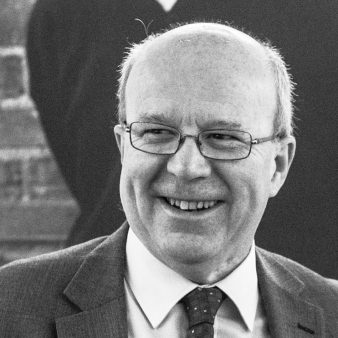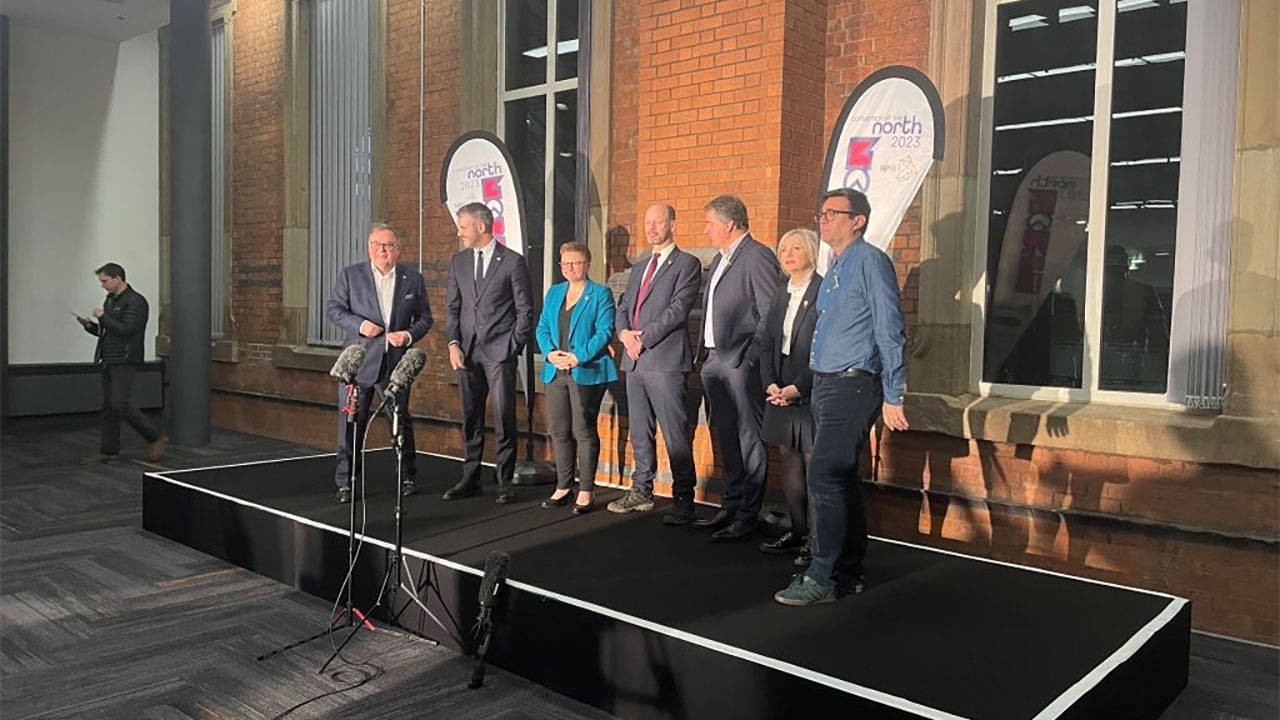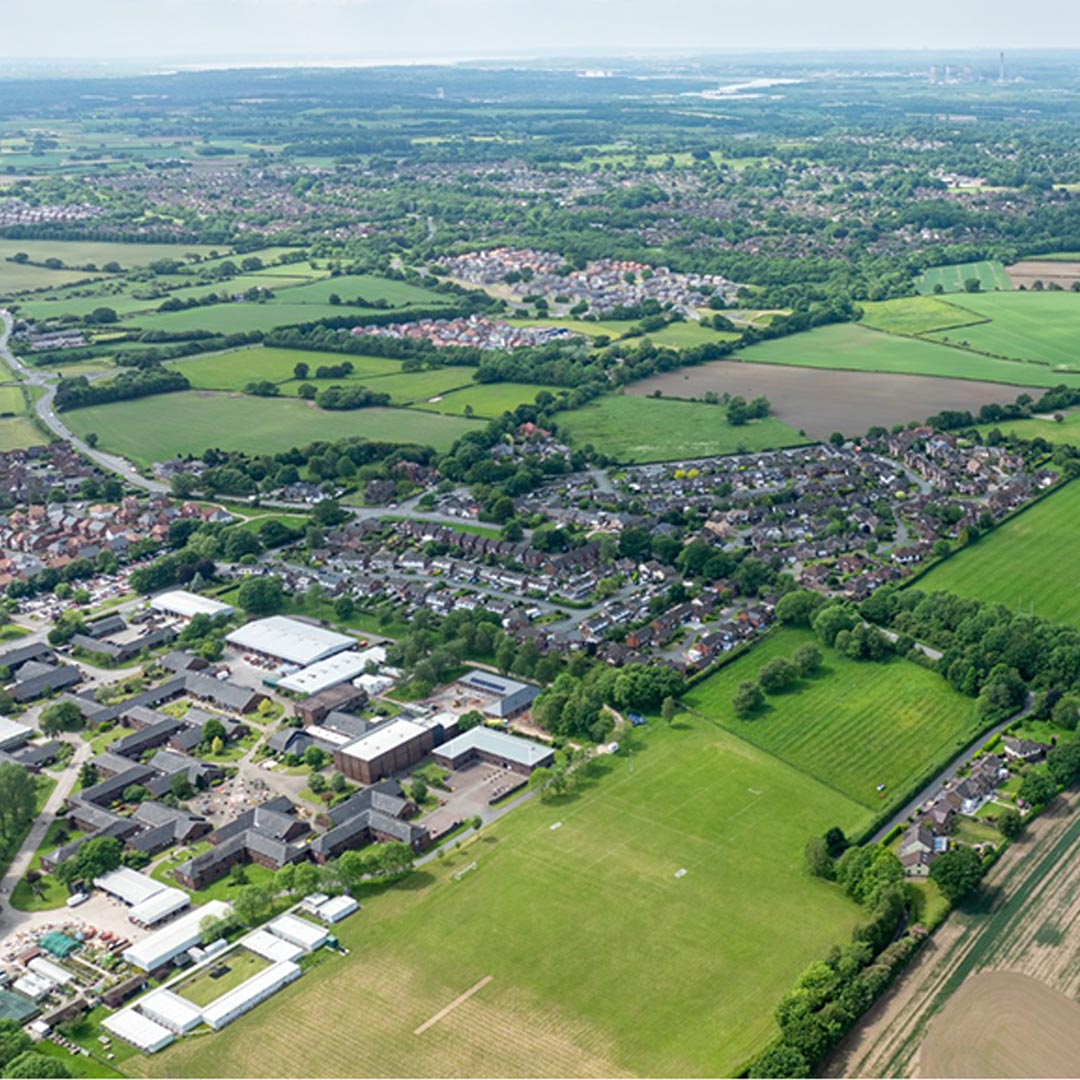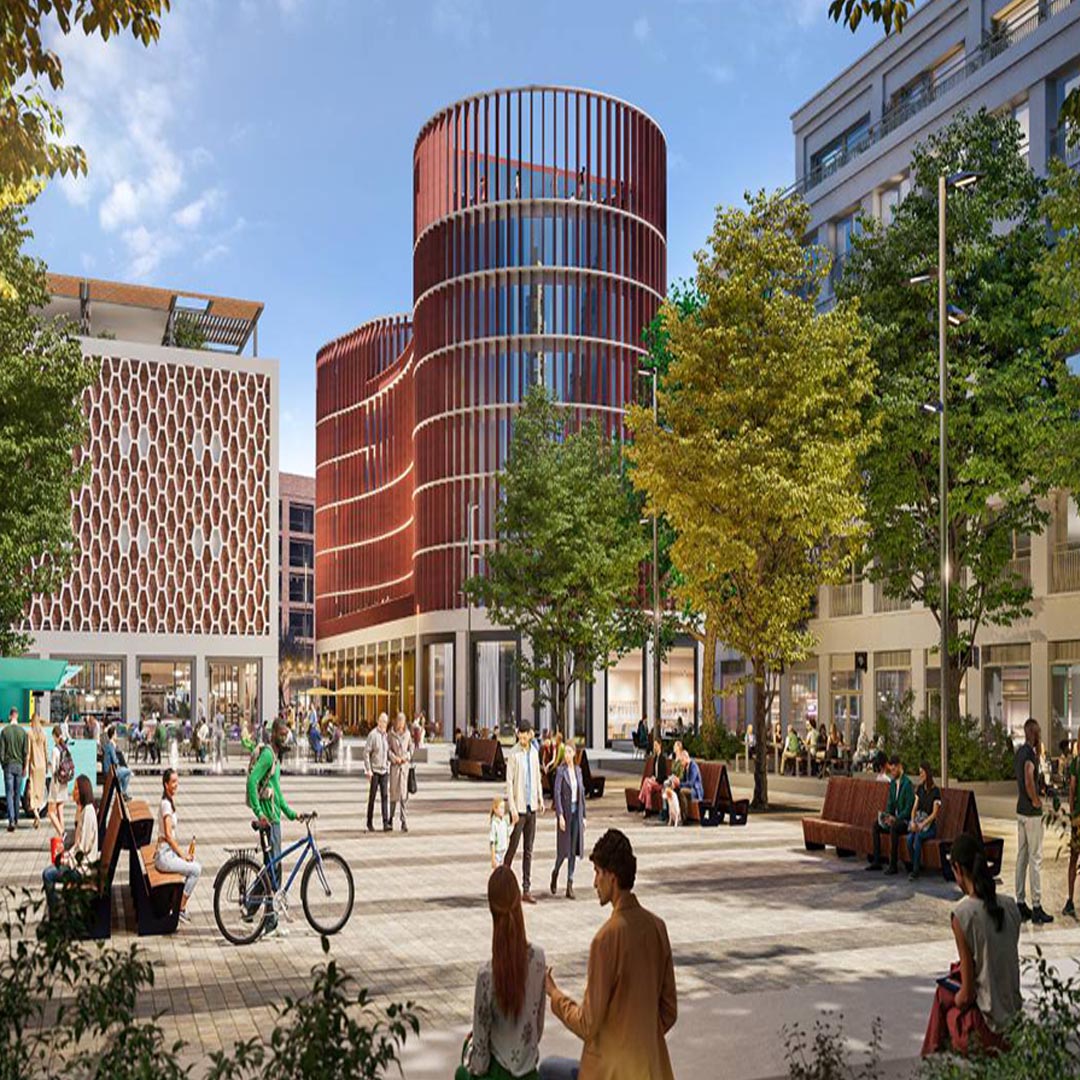The Convention of the North has had a chequered history. Following its first meeting in Newcastle in 2018, the following year it convened in the Magna Centre, near Rotherham. An excellent venue for recalling the muscular industrial history of the North, but more appropriate for a heavy metal concert than a place for serious debate. Covid wiped out the next two before Liverpool hosted last year and we convened in Manchester this week.
It is still not clear what the relationship between the Convention and the longer established Northern Powerhouse Partnership is. Let’s say the NPP gets on with the vital day job, whilst the Convention is a morale raising gathering.
The problem with these devolution events (I have attended fifty odd) is that the arguments for levelling up Britain are well rehearsed. The question always is what has it achieved for ordinary people. Well there are beginning to be some tangible results. Merseyrail has this week launched a new fleet of trains. The Liverpool City Region Mayor Steve Rotheram told me it had been a real obstacle course of engineering, Covid and industrial relations issues to solve, the latter only at the last minute. Meanwhile in Greater Manchester Andy Burnham will soon have control of the buses.
75% of the North will soon have devolution deals but most progress is being made on the other side of the Pennines, in North Yorkshire and the North East. The Lancashire Conservative leader was repeatedly asked about her view on a devolution deal but seems happy with the Lancashire 2050 agreement which serves to skate over the parochial differences between the fourteen local councils. Progress is glacial in Cheshire and Warrington and Cumbria told us they were focused on local government reorganisation.
The Levelling Up Secretary Michael Gove came with the dual intention of listing, at length, what the government was doing and mentioning the name of Tees Valley mayor Ben Houchen as often as he could. He offered little hope of changing what his Shadow Lisa Nandy calls the “hunger games” method of funding local projects by pitting one district against another. Nor is he likely to meet the demand from Downtown and others to devolve the skills budget. In a rare insight into the reason for Whitehall’s reluctance was that central government would be blamed if it went wrong. No they wouldn’t Michael, it would be local mayors!
Greater Manchester is now negotiating a new devolution deal which he wants for the whole of the North. The key demand is a single grant, like the German lander get plus powers over housing conditions, rail and skills.
Lisa Nandy seemed up for this promising that a Labour government would back local plans. However she acknowledged that Shadow Chancellor Rachael Reeves would exercise iron discipline on “the people’s money”. So it is not to dampen the enthusiasm of a confident convention to say that as we left, some were reflecting that Labour and devolution might be more complicated than Lisa Nandy and Andy Burnham hope.














